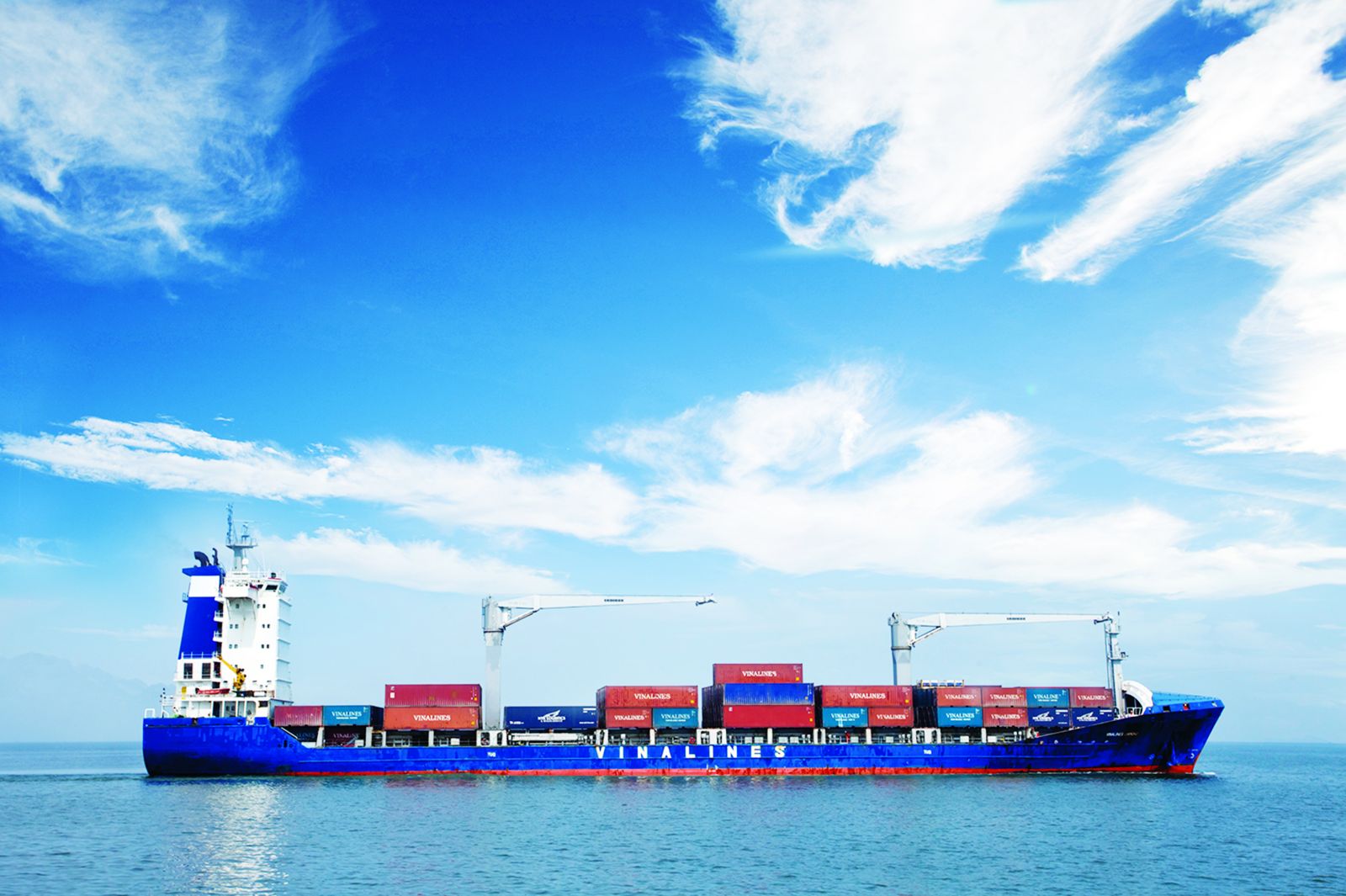The maritime shipping crisis has forced shipping firms worldwide to join alliances to improve their competitiveness. Such alliances have also been set up in Vietnam.

| Shipping firms join forces to improve power |
Analysts once predicted that the shipping crisis bottomed out in the 2012-2013 period and the shipping industry would bounce back later.
However, this did not occur. The volume of freight remains surprisingly low, the demand is low, and there are too many vessels.
On international routes, Vietnamese container shipping firms can be hired as feeders only, and still cannot serve long-distance routes.
Leading brokerage firms in the shipping industry had said that the world shipping market would enter a recovery period in the next few years.
Under WTO commitments, after international shipping firms were allowed to set up 100 percent foreign owned businesses in Vietnam, they increased investment in Vietnam instead of only collecting goods at large ports such as Hong Kong, Singapore, Kaohsiung and renting feeders to carry goods to ports.
In mid-2016, Maersk Lines which has mother ships transshipping goods from Cai Mep International Terminal (CMIT) to the east and west coasts of the US, proposed to MOT (Ministry of Transport) to allow its vessels to run on domestic routes to collect Vietnam’s imports/exports from the northern and central regions to carry to the CMIT terminal.
Joining hands
Vinalines CEO Nguyen Canh Tinh said connecting subsidiaries to improve resources and competitiveness, and to open new routes, is one of the most important plans being implemented by Vinalines.
| On international routes, Vietnamese container shipping firms can be hired as feeders only, and still cannot serve long-distance routes. |
The container transport route to Hong Kong, a service jointly provided by Vinalines Container and Bien Dong Shipping, two subsidiaries of Vinalines, was launched recently.
Container ships of the two companies will carry 1,800 TEUs per 14-day round trip on HCMC – Hai Phong – Hong Kong – Hai Phong – HCMC route and will dock at Tan Vu, Tan Thuan and HIT (Hong Kong) ports.
Prior to that, in Kuala Lumpur, some subsidiaries of VInalines, namely VLC, Vosco, Vinaship and Dong Do Marine signed a frame agreement with Malaysian Petronas Chemicals Marketing and Hemat Marine, under which Vinalines’ fleet will carry fertilizer form Malaysia to Thailand and the Philippines.
Vinalines’ business performance in the last two years shows that profit brought by port and maritime services is high enough to offset sea shipping. Therefore, finding new business ways is a vital task.
In June 2017, Vinalines Container opened one more service – waterway transport. The firm carries goods with freighter on Hai Phong-Viet Tri route.
By the end of October, the container transport output on the route had reached 900 TEUs, while the figure is expected to reach 1,000 TEUs by the end of the year, or after six months of operation.
Thanh Mai / VietnamNet